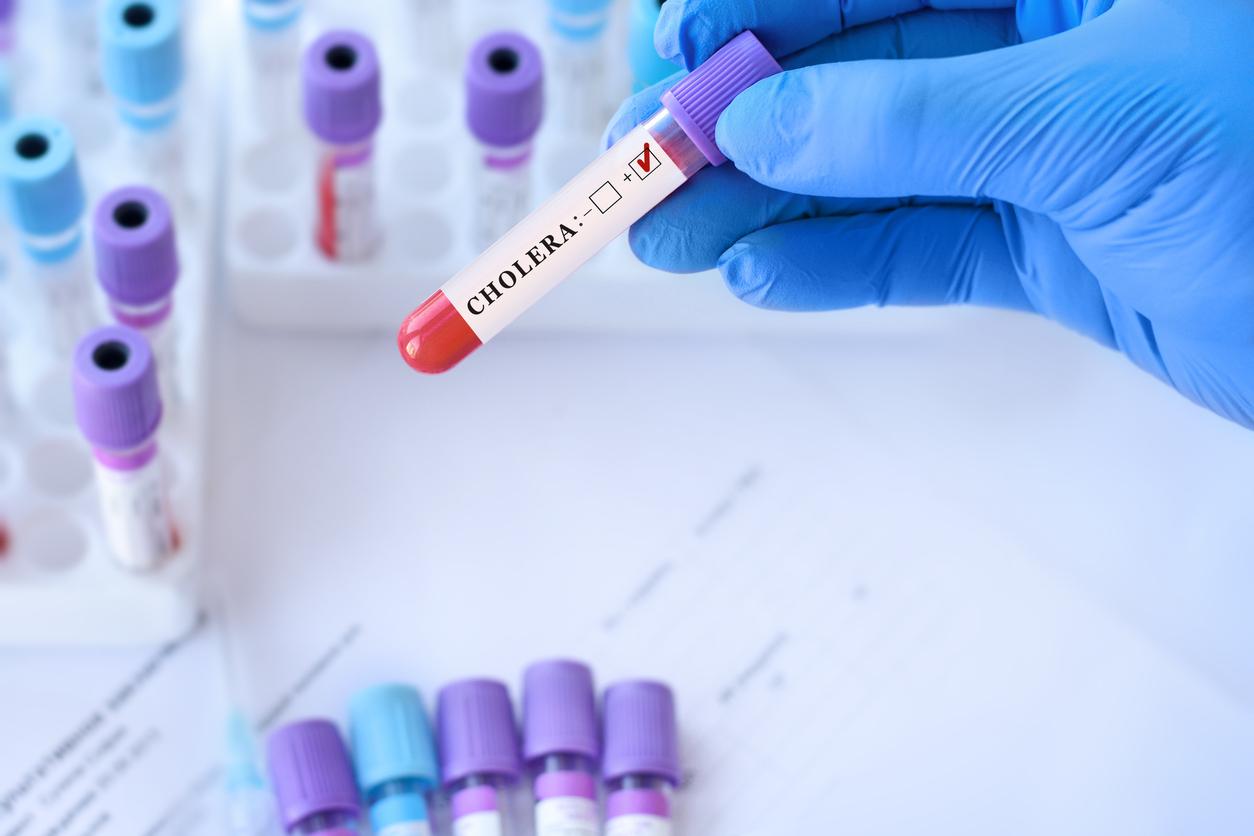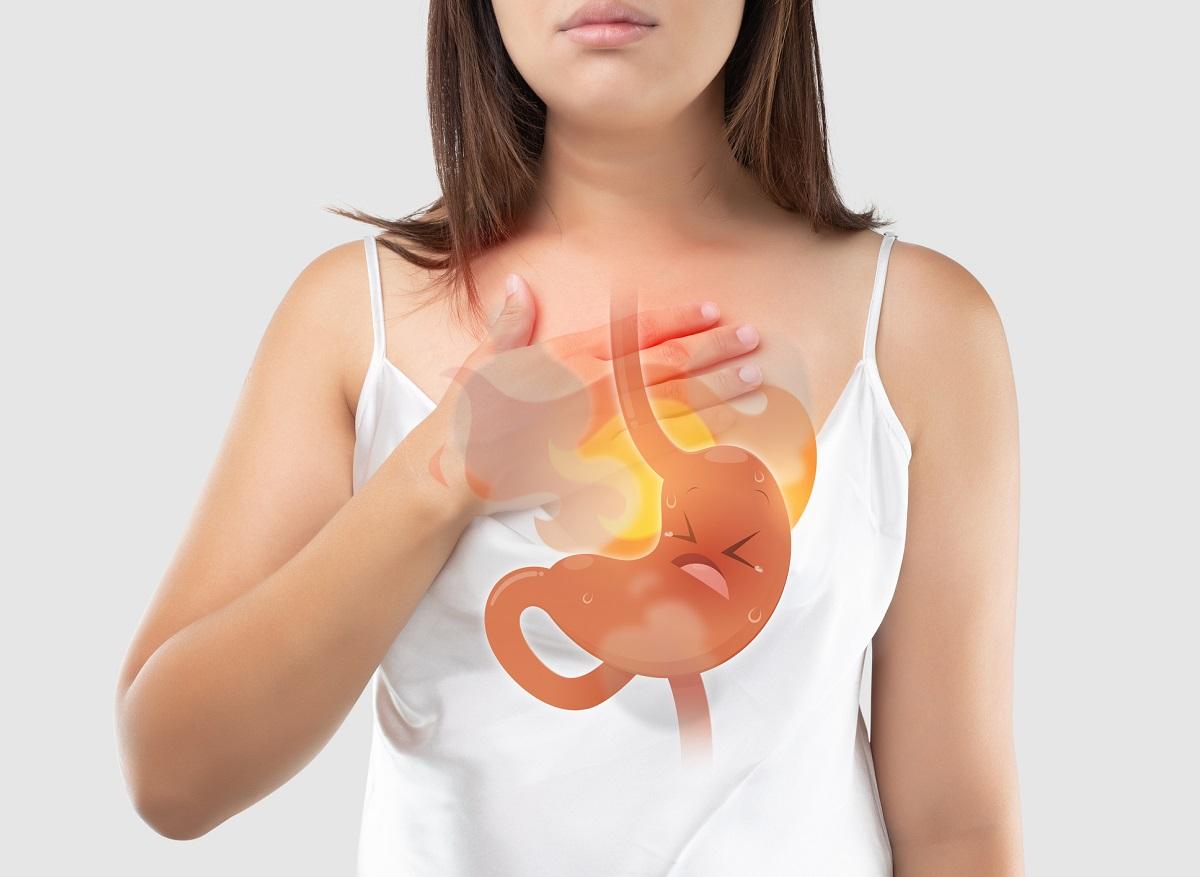
Nutrition, medicine or surgery
An annoying burning sensation in your esophagus after eating or when you are in bed. Many people suffer from heartburn from time to time. This doesn’t have to be serious, but it can be. When should you see your doctor and what can you do about it?
If you regularly have complaints as a result of heartburn, it is wise to ask your doctor for advice. If you regularly vomit, if you have black stools, if you feel that food does not want to sink into the esophagus and if you lose more than five kilos in a short time (without apparent cause) then you should see a doctor immediately.
Diagnosis
Often the doctor can diagnose heartburn based on the complaints. Sometimes additional research is necessary. You can think of a visual examination with a video camera on the inside of the stomach and esophagus, but also of an acidity measurement in which the acidity in the esophagus is measured for 24 hours.
The treatment that follows after the diagnosis depends very much on the severity of the complaints. Often can nutritional advice and lifestyle rules provide sufficient relief, but sometimes a doctor prescribes medication.
Medicines
Medications are often prescribed for a period of four to six weeks. In most cases, the symptoms diminish or disappear. Sometimes it is necessary to take medicines longer. This is always in consultation with a doctor. He may also prescribe a higher dose or a different medication.
Doctors prescribe different types of remedies for heartburn. There are products that apply a protective layer to the lining of the esophagus and stomach. This makes the stomach and esophagus more resistant to the aggressive gastric juice.
Other medicines bind the stomach acid, making the stomach contents less acidic. Its effect is short-lived. Stomach acid inhibitors inhibit or block the production of stomach acid. These drugs make the gastric juice less acidic. Finally, there are also medicines that promote the functioning of the esophagus and stomach muscles.
Operation
if nutritional advice, lifestyle rules and medicines do not help enough, a doctor may suggest an operation: an anti-reflux operation. During this keyhole surgery, the upper part of the stomach is ‘twisted’ around the bottom of the esophagus. As a result, the stomach can no longer pass through the diaphragmatic hernia come up.
In some hospitals, an endoscopic treatment of reflux is also used. Using an endoscope, a tube with a small video camera and a light, the stomach wall around the opening of the esophagus is tucked in five centimeters and secured. This restores the natural transition from the esophagus to the stomach, allowing the sphincter to function properly again. However, this method is quite new and not yet implemented everywhere. The long-term results are also not yet known.
















